The University of Chicago Press, Chicago 60637
The University of Chicago Press, Ltd., London
1966 by The University of Chicago
All rights reserved. Published 1966
Reprinted in paperback 1986
Printed in the United States of America
18 17 16 15 14 13 12 11 10 9 10 11 12 13
ISBN-13: 978-0-226-92328-4 (e-book)
ISBN-13: 978-0-226-73012-7 (paper)
ISBN-10: 0-226-73012-3 (paper)
Originally published 1966 by Frederick Ungar Publishing Co., Inc.
Library of Congress Cataloging-in-Publication Data
On the origin of language.
Reprint, Originally published: New York : F. Ungar, 1966.
Bibliography: p.
Contents: Essay on the origin of languages / Jean-Jacques RousseauEssay on the origin of language / Johann Gottfried Herder.
1. Language and languagesOriginAddresses, essays, lectures. I. Moran, John H. II. Code, Alexander, 19061970. III. Rousseau, Jean-Jacques, 17121778. Essai sur lorigine des langues. English. 1986. IV. Herder, Johann Gottfried, 17441803.
Abhandlung ber den Ursprung der Sprache. English. 1986.
P116.05 1986 401 85-20945
ISBN 0-226-73012-3 (paper)
ISBN 978-0-226-92328-4 (e-book)
 The paper used in this publication meets the minimum requirements of the American National Standard for Information SciencesPermanence of Paper for Printed Library Materials, ANSI Z39.48-1992
The paper used in this publication meets the minimum requirements of the American National Standard for Information SciencesPermanence of Paper for Printed Library Materials, ANSI Z39.48-1992
ON THE ORIGIN OF LANGUAGE
Jean-Jacques Rousseau
ESSAY
ON THE ORIGIN OF LANGUAGES
Johann Gottfried Herder
ESSAY
ON THE ORIGIN OF LANGUAGE
Translated, with afterwords, by
JOHN H. MORAN and ALEXANDER CODE
Introduction by Alexander Code
THE UNIVERSITY OF CHICAGO PRESS
CHICAGO AND LONDON
INTRODUCTION
Jean-Jacques Rousseau (17121778) is frequently labeled The Father of Romanticism. So is Johann Gottfried Herder (17441803). This need not lead to a contest in paternity, but it could be used as the basis of a penetrating comparative study of the significance of romanticism in France and Germany respectively. In any event, what the two romanticismsand the two Fathers of Romanticismhave in common are the spirit of revolt against derivative convention and the spirit of dedication to things primordial, to ancestries and origins, to Nature.
Indeed, it is by no means a coincidence that both Rousseau and Herder gave much thought to language, including its whence and wherefore, for both recognized language as a sine qua non, as the natural lifeblood of human culture and social demeanor in all its forms. Both alluded repeatedly to the problem of the origin of language in works other and earlier than the essays wholly devoted to the subject.
It is virtually certain that Rousseau knew nothing of Herder. On the other hand, Herder was well acquainted with Rousseaus writings, though it should be noted that where, in his own essay on the origin of language, Herder argued against Rousseaus views, he did not refer to the latters parallel essay but to the allusions to the subject found in Rousseaus Discourse on the Origin and Bases of the Inequality among Men of 1754.
The joint presentation, in the present volume, of Rousseaus and Herders essays on linguistic origins appeared meaningful not only by reason of the striking equivalency of the positions assigned to the two men by history at major turning points in the continuity of thought in their respective countries. It also suggested itself by virtue of the fact that these essays represent the two major possible approaches to the problem, as is neatly reflected in their titles. Herders essay is concerned with The Origin of Language, that is, with the genesis of the faculty of speech, while Rousseaus (among other things) treats of The Origin of Languages in their diversity. This distinction runs through the history of the literature on linguistic origins, corresponding to the questions of how man acquired the faculty of speech and of howthe faculty being given or assumedhe came to make use of it.
There are no known facts to support a direct answer to either of these questions, and both approaches lead far afield into the realms of free-wheeling philosophical speculation. In answer to the question of how man acquired his characteristic faculty of speech, there is at least the possibilitythough not the necessityof calling, with unassailable succinctness, on Gods creative omnipotence. Much of Herders essay, by the way, is concerned with the rejection of this facile explanation. He found it quite as unphilosophical and even as theologically unsound as later generations found it unscientific.
With the coming of age of the science of linguistics in the nineteenth century, the question of the origin of language as such fell into disrepute. The Linguistic Society of Paris, which was founded in 1866, had in its bylaws the provision that it would not, under any circumstances, accept any kind of communication on the subject of the origin of language. And most scholars in the field of linguistics contented themselves with a resigned ignoramus, ignorabimus.
There were exceptions, especially during the early decades when it was still possible for a scholar in linguistics to be simultaneously a philosopher and a historian. A little later there was Max Mller, here mentioned by name because it was he who set up the famous classification of theories concerning the origin of language distinguishing the bow-wow, the pooh-pooh, and the yo-he-ho groups. In the bow-wow theories, human language is assumed to have begun as the imitation of animal sounds. According to the pooh-pooh theories, the earliest human words were emotional outcries. Lastly, the yo-he-ho theories stipulate that man began to speak in response to the requirements of concerted action.
A striking feature of Mllers scheme of classification is that it has no room for theories other than those providing mechanical patterns for the development of language by a creature already endowed with the requisite faculties. It cannot accommodate theories according to which the gift of tongues was a gift of God, nor any in which the bestowing of that gift and not just its subsequent exploitation was taken to be what was in need of an explanation.
In the twentieth century the question of the origin of language has continued to occupy the minds of enthusiastic amateurs who often seem only too eager to rush into print with what they consider to be a novel theory.
A special case is that of the great Danish linguist, Jespersen, who proposed to tackle the problem by tracing through meticulous research the documented development of all accessible languages since historical times andguided by the assumption that the observed trends prevailed at all timesbeyond the beginnings of history into the darkness beshrouding the ultimate origins. This approach differs in its degree of sophistication magnificently from that of the bow-wowists and their pooh-poohing and yo-he-hoing colleagues, but it cannot, almost by definition of purpose, probe any more satisfactorily the origin either of mans need or of his desire for verbal communication with his fellows. Indeed it does not pretend to be able to do so.
A new dimension would be added to both the question of the origin of language itself and to the methodological possibilities of solving it, if more were known about the language or languages of animals. So far most critical observers have come to suspect that the phenomena covered by the convenient term of animal language differ in kind, not just in degree of evolutionary maturity, from human language.
Perhaps the first and foremost difficulty is that we do not in fact know what human language is. One excuse for the ignorance to which the best among us plead guilty is that there are no primitive languages, that is, languages which represent a less advanced phase in evolution by descent and the comparative study of which might provide us with a sense of direction. This adds indeed mightily to the recalcitrance of the problem of the origin of language and languages.
Next page
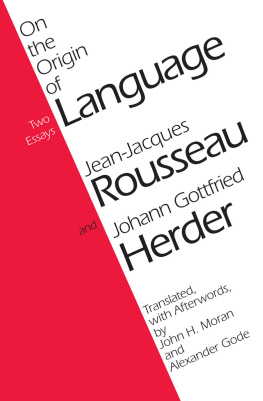


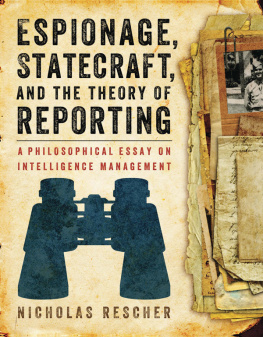
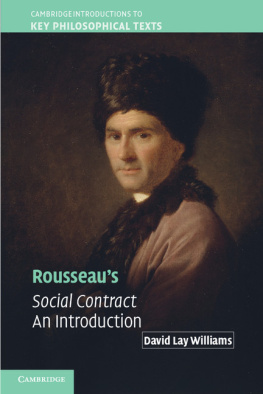
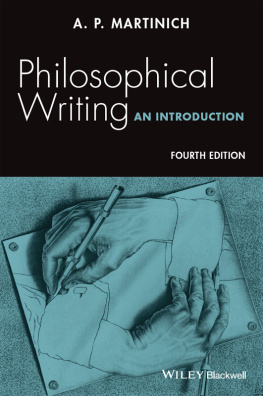
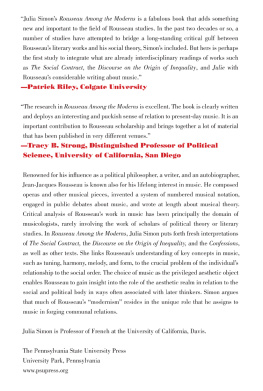
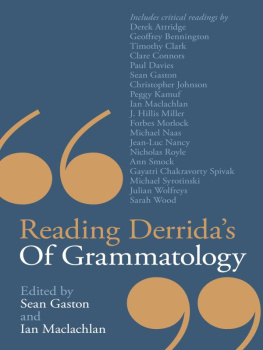
 The paper used in this publication meets the minimum requirements of the American National Standard for Information SciencesPermanence of Paper for Printed Library Materials, ANSI Z39.48-1992
The paper used in this publication meets the minimum requirements of the American National Standard for Information SciencesPermanence of Paper for Printed Library Materials, ANSI Z39.48-1992